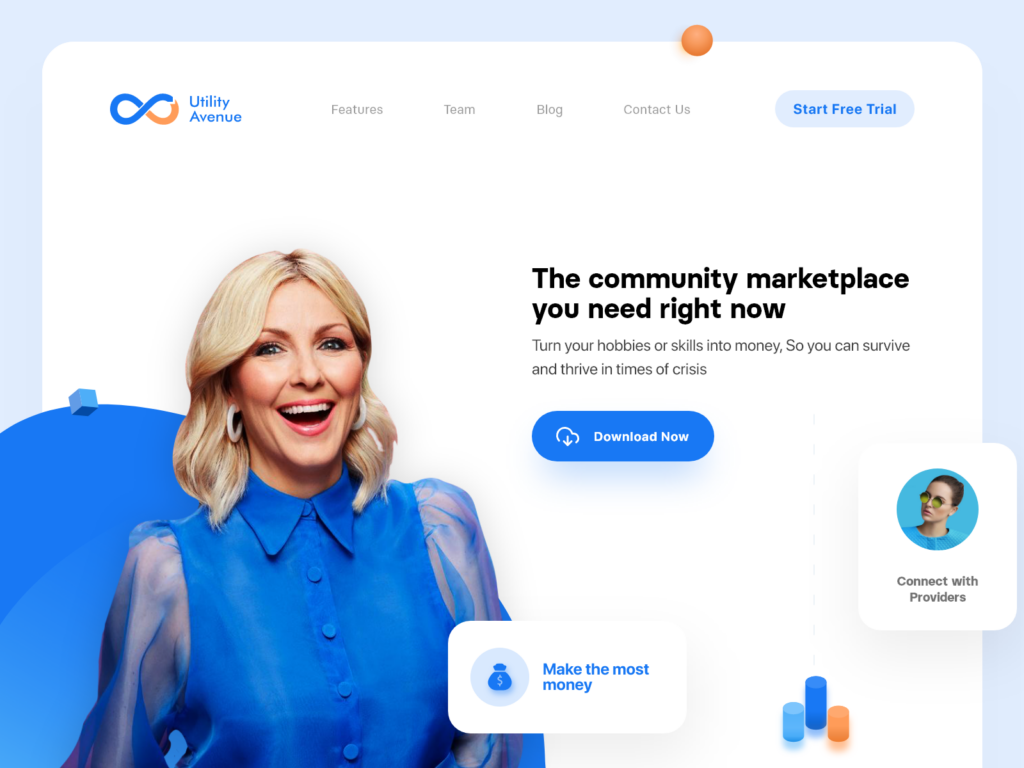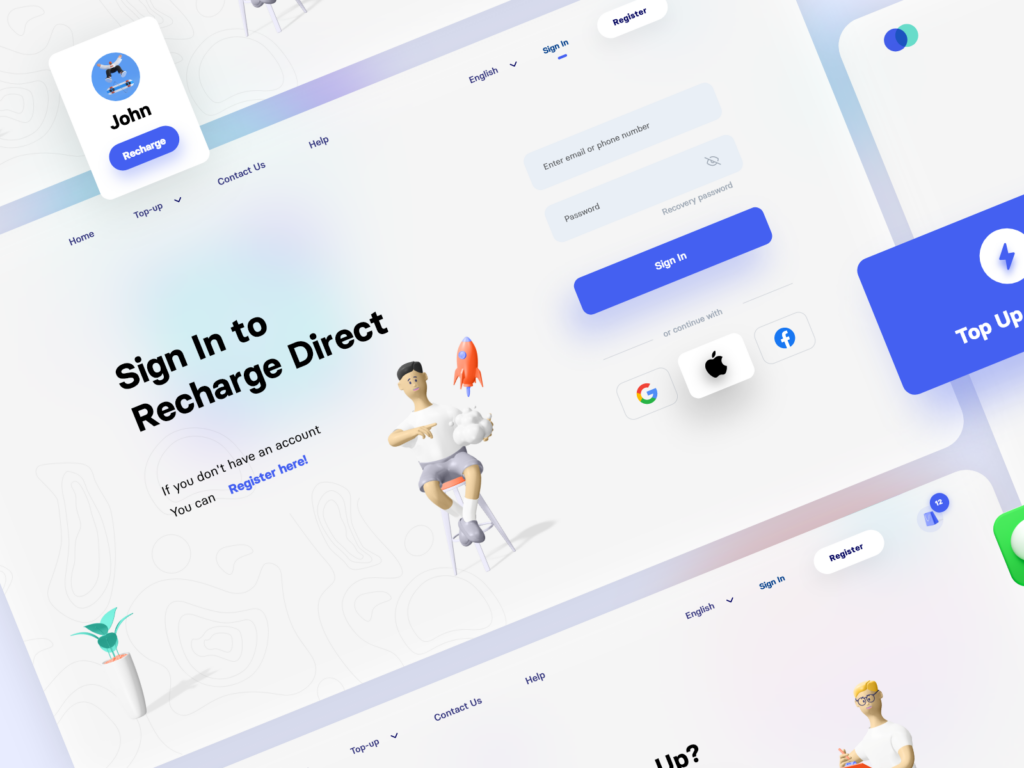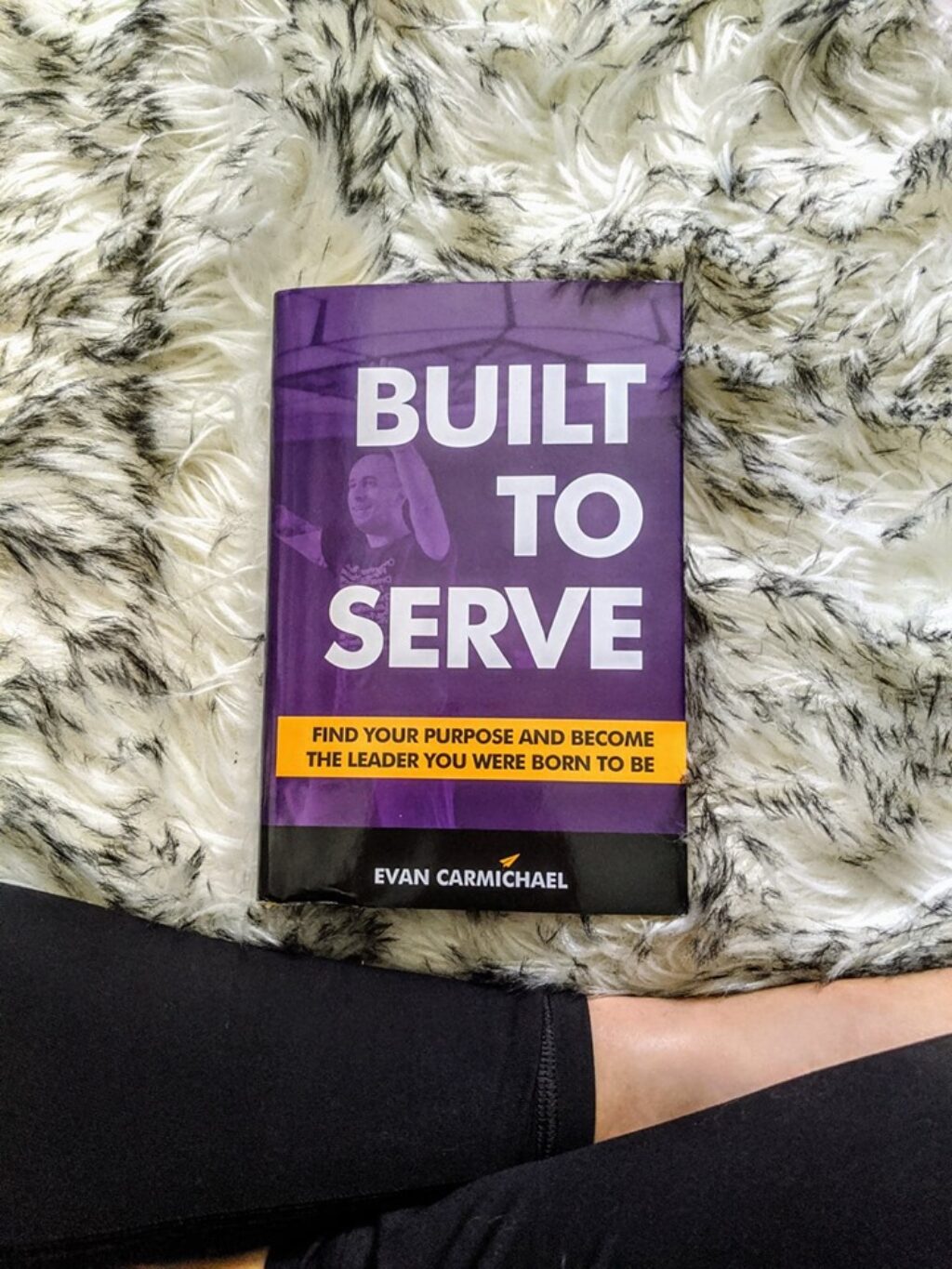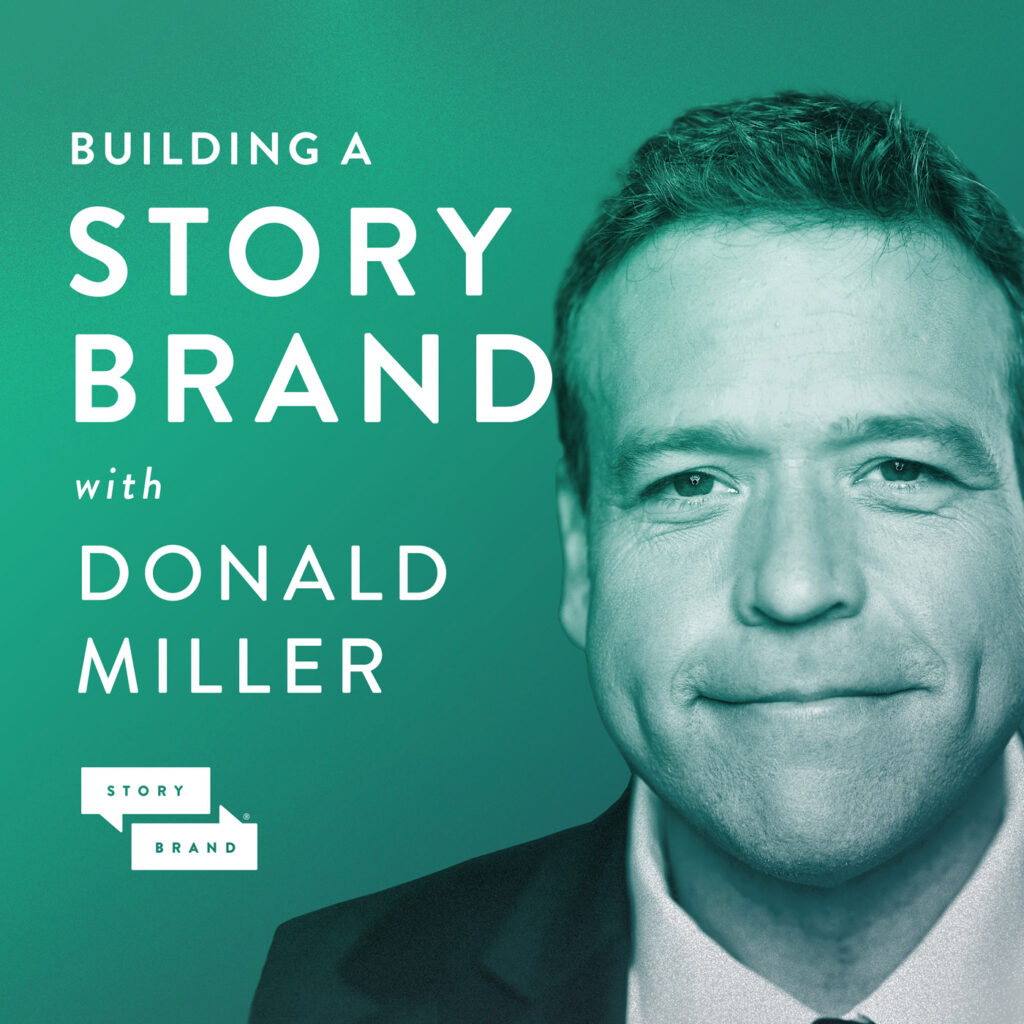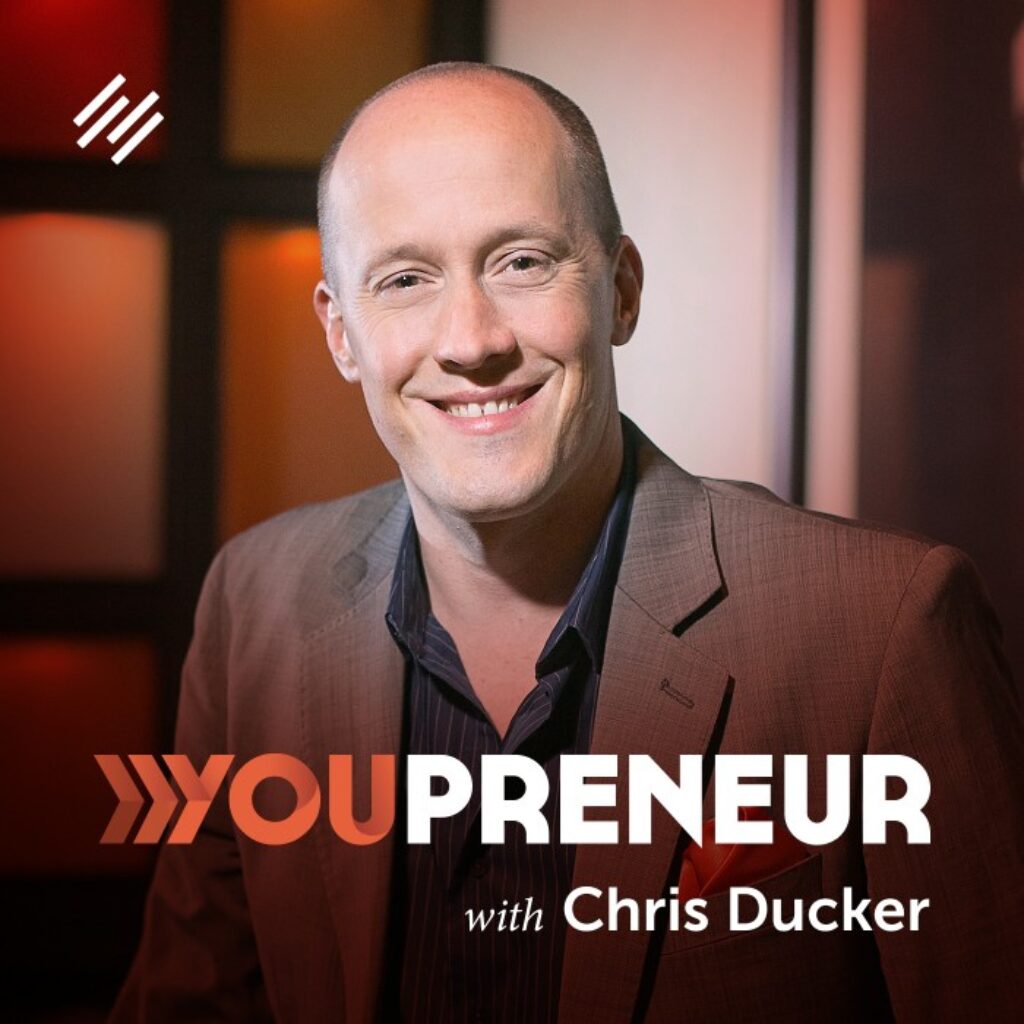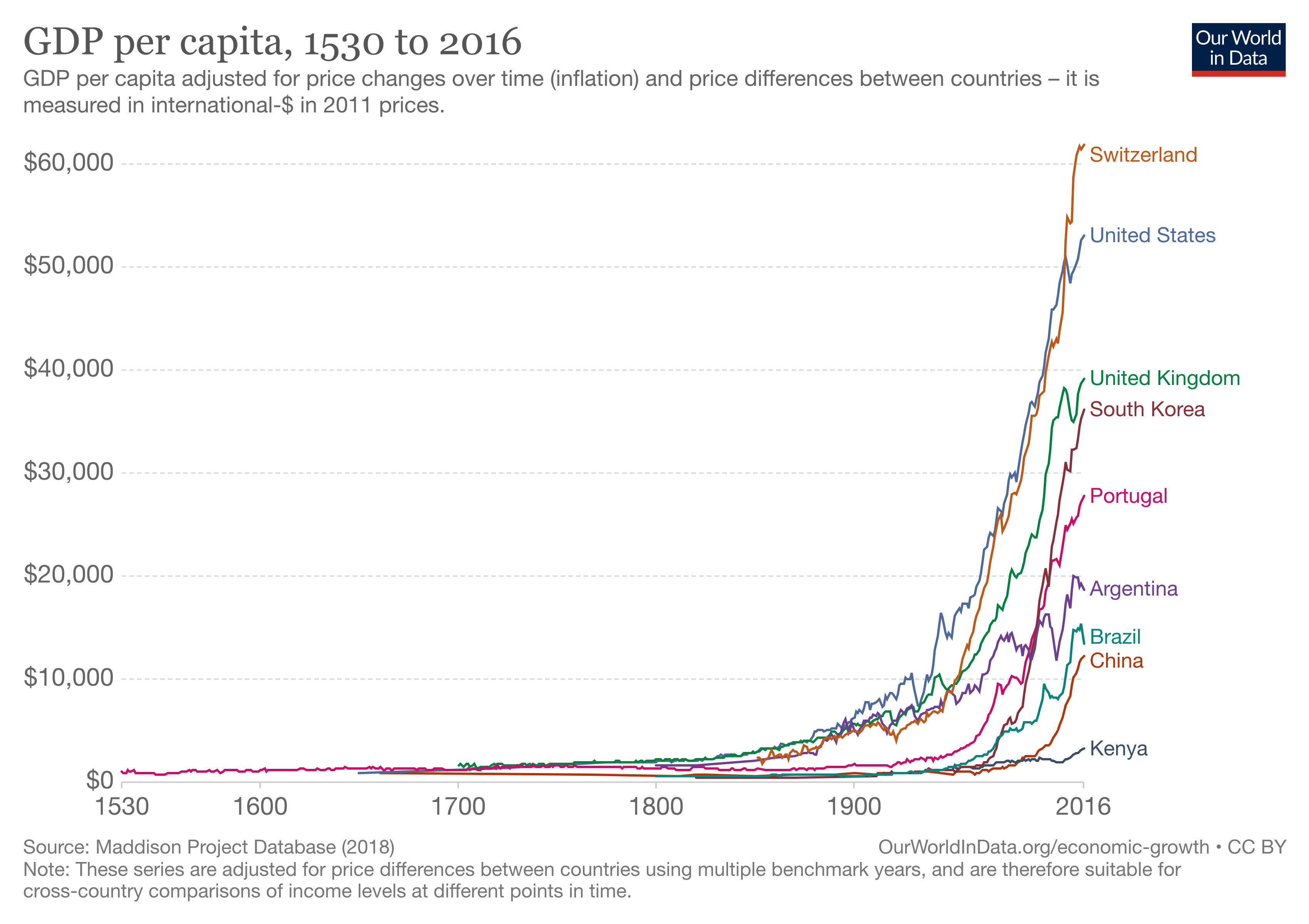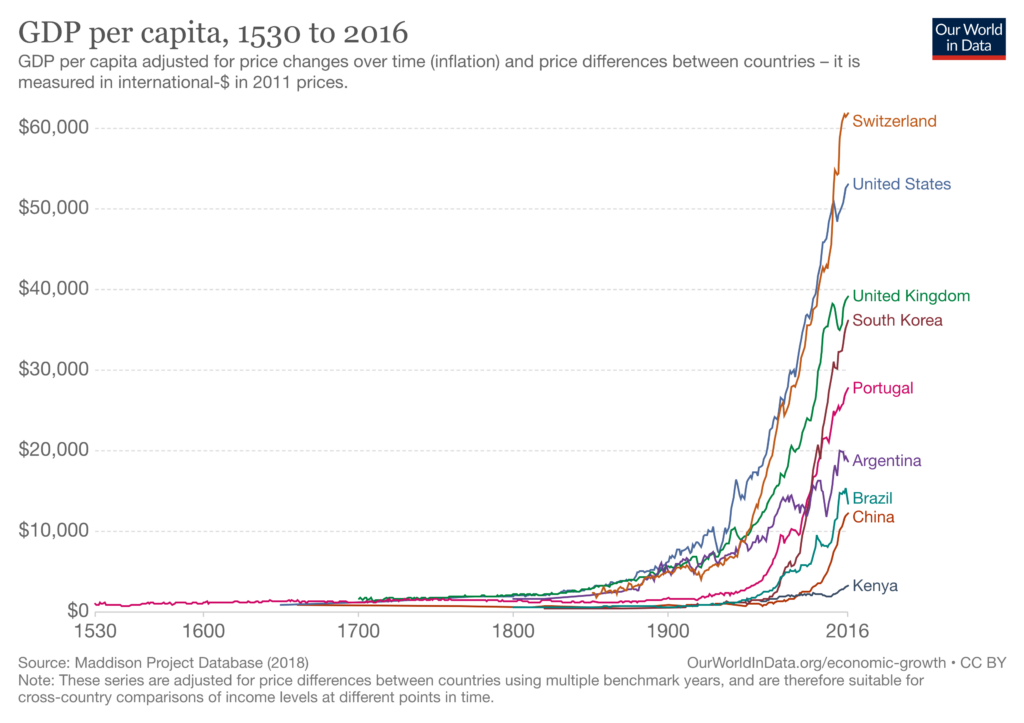Victor Cardero, congratulations! We are so proud of you!
The Utility Avenue team is celebrating today. One of our own, Victor Cardero, just won an Adobe XD contest in the Dribbble platform.

In our Weekly Spotlight, we share his journey as a designer, and in the words of our CEO, Norge Matos, this is Victor Cardero.
“You rarely find someone who works faster on a project than the head of it. When this occurs, their work is rarely quantitatively and qualitatively good. If that ever happens, you have found someone who deserves trust and support. I have had the good fortune to find rare individuals with these characteristics, and Victor is an excellent example. He is one of those colleagues you should never let go.”
What can you tell us about yourself?
I am Victor Cardero. I am passionate about the relationship between humans and technology.
How did you start in design?
I started while taking Web Programming in the university (UCI: University of Informatics Sciences, an IT center of higher education). After a month, I made an extra effort for what I programmed to look aesthetically beautiful, but I didn’t succeed. Even so, I won a contest on fast layout, only in HTML, in which they took into account both speed and creativity.
A former classmate used to help me clear my doubts. One day, he said: “Install Adobe Photoshop, check this tutorial and follow the instructions. I can’t do things for you.” I thought he was trying to get rid of me, but he was training me. That led to a deep friendship and brotherhood. His name is Pedro Alejandro Hernández, and he greatly influenced me as a designer.
What aspects of your life have influenced your professional goals?
My mother is a born fighter and warrior. Other important figures are my little brother (that’s how I call Pedro, my best friend), Carlos Miguel, and Norge Matos, a mentor, a leader, and a friend at all costs. Plus, the tests I have overcome in this field of UX/UI Design and Creative Design.
What type of design do you like the most?
Web Mobile technology. The design of products and services brings me great passion. I am now more focused on startups.
How does Design complement arts like painting, drawing, photography?
The design of experience in the user interface is the creation of a solution to specific problems that are represented in several shapes or shades. These include the identity colors of the client or the target culture or area. Every element integrated with design has a leading role. It can be a photograph, a text, a button, or a line. Everything has an impact.
How important is Design for the success of a company or project?
A lot. Design is not only visual but also a solution. I recently watched an analysis by an influencer on Instagram about a traffic sign. The sign in question established that no vehicles with trailers could park on the spot. However, the design did not include the elements of prohibition. That confused drivers and made them believe that it WAS OK to park vehicles with trailers in the area. The smallest thing can either be a success or a disaster. That’s why design is essential for everything, from creating the experience to making it visually correct.
How did you get to participate in the Adobe contest?
I check Dribbble every morning. The top bar of ads mentioned Adobe XD, and the link took me to the contest. With only five days left, I wasted one deciding whether to participate or not. Four days before the deadline, I decided to give it a try.
When I set up the design, I didn’t want to create something static. I wanted to represent my design with an animation, which made the challenge even higher. I spent two nights working the interaction, and every single detail. One day before the deadline, I tried to post it, but I got an error message because of the file size allowed by Dribble. This all made me nervous. Fortunately, I was able to lower the size without affecting quality, and I published my project. After days and nights barely resting, I slept for several hours.
How did it feel to win an Adobe contest?
Design is a very competitive field. Seeing the works in the competition and the quality of the participants makes your adrenaline pump. You challenge yourself. Getting the email with the confirmation as the winner of the contest was surprising and gratifying. It made me understand that the jury was pleased and impressed by my presentation.
All the effort was worthwhile.
Do you have any other passion?
I feel passionate about graphic design, technological devices, and their novelties. I love reading and getting lost in the music and its sounds.

If you were to change something from your professional career, what would it be?
I don’t think I would, but I would get and improve business skills. Design will always be there for me. It is part of everything, from everyday life to the most complex aspects of the job. People mock designers by saying: “You see everything in layers.” (Chuckles).
What is your main professional dream?
To influence my generation as much as I can with my skills, gifts, and opportunities. Serving other people brings a level of satisfaction that cannot be compared to anything.
Future plans?
There are many ambitious projects in the oven.
What challenges lay ahead for you?
To keep growing, maturing, perfecting, learning, and working very hard for the goals I have set for myself. This includes not only the professional part but also my family, which is a fundamental foundation.
Anything you would like to add?
Never stop dreaming and working to make those dreams come true. Discipline and consistency open doors that cannot be opened otherwise. I want to thank God for all these opportunities in my life, and also the Utility Avenue Marketing Team. You guys are an essential influence with your effort, consistency, and unconditional love.

Victor Cardero’s Contact Info
Website: https://www.dribbble.com/victorcardero/
Email: vmcardero@gmail.com
Instagram: https://www.instagram.com/victorcardero/
Linkedin: https://www.linkedin.com/in/victorcardero/
______________________
Utility Avenue’s Spotlight focuses on promoting inspiring businesses every week. For a chance to be interviewed, contact us at support@utilityavenue.com with the subject Spotlight.



